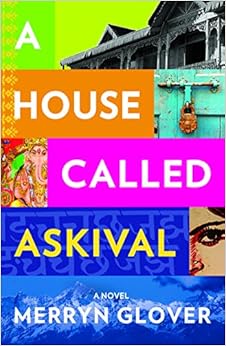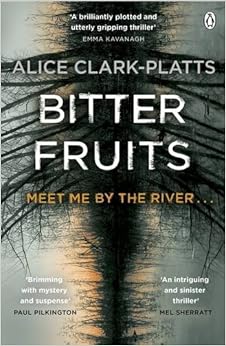Balli Kaur Jaswal is a Singaporean novelist of Punjabi extraction. As a child, she lived all over the world, thanks to her roaming diplomat father. After studying for an undergraduate creative writing degree in the US she continued work on her first novel,
Inheritance, during a year spent in the UK, where she was a recipient of the David TK Wong Fellowship at the University of East Anglia – an award made annually to a novelist whose work deals with some aspect of East Asia. She then moved to Australia to do a postgraduate teaching degree in Melbourne, where she met her partner. She ended up staying in Melbourne for 5 years. In 2014,
Inheritance won the Sydney Morning Herald’s Best Young Australian Novelist Award. She then moved back to Singapore, and in 2015 her second novel
Sugarbread was a finalist for the city-state’s richest literary prize, the Epigram Books Fiction Prize. Her recently-published third novel,
Erotic Stories For Punjabi Widows, was the subject of a hotly-contested auction won by HarperCollins, in London, for a six-figure GBP sum.
Erotic Stories For Punjabi Widows follows members of the Punjabi immigrant community in the UK as they struggle to negotiate between two cultures. It is set in London, in Southhall, an area which is home to a large Punjabi population. Balli says her novel is about “a group of Punjabi widows who sign up for a literacy class, which quickly evolves into a space where they can speak freely about things that their community considers taboo. At first, their discussions are centred on erotic fantasies but as the trust builds, the women become empowered to break their silence about other injustices in the community.”




















.jpg)